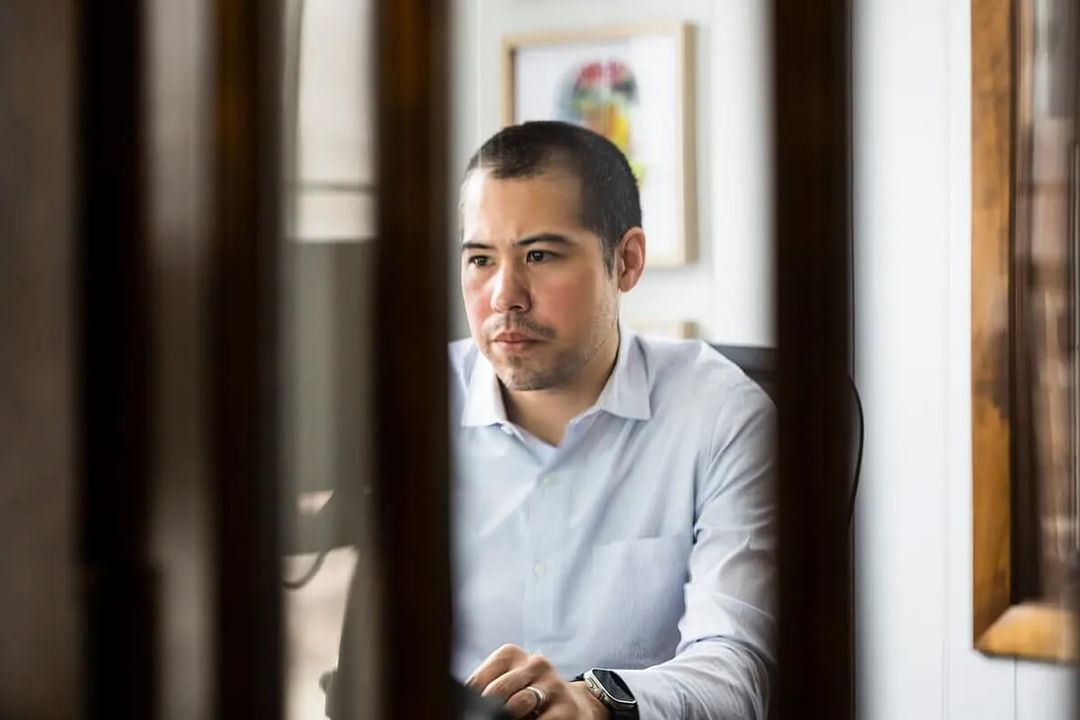America’s health belief system is sick, says Nancy Wong, and the COVID-19 pandemic is only a symptom.
Individuality Not Effective for Widespread Disease
Our individually oriented approach to disease and wellness — that it’s merely a matter of personal responsibility, and that when you feel any ailment, you can easily take a pill — leaves us poorly prepared for a widespread novel disease like COVID-19. “[This belief] helps engender and cultivate a particular mindset that there should be a medical solution for every illness we experience,” she said. But that solution isn’t coming as quickly as we are accustomed to expect, and Americans face the pandemic with impatience.
Wong is a professor of consumer science in the UW’s School of Human Ecology. She and Evan Polman, an associate professor of marketing in the Wisconsin School of Business, spoke about consumer behavior during COVID with WFAA president and CEO Mike Knetter during The UW Now Livestream event on June 23.
The Future of Consumer Behavior
Polman sees American consumers acting differently in a wide variety of ways, though seeking reinforcement from peers. He notes that people tend to monitor the behavior of others to see how they should act. “We have no script, no playbook for how to handle this crisis. So we look to others,” he said. “In this time of COVID, this tendency is extra arresting. Which is actually a really good thing.” Peer monitoring can encourage people to act with social responsibility.
He has tracked the adaptations that people going though under the pandemic. Some of those activities are positive, and others are less so. For instance, when people dine at home more often, their health can see benefits and problems. “People who cook meals at home eat more healthfully and consume fewer calories,” he said. But while “people are cooking more, they’re snacking more, too. … It’s too easy to hit the cupboard and have a cookie. Or two. Or three.”
Polman sees some of the pandemic behaviors becoming permanent, including increases in takeout dining and cashless shopping. “This was inevitable,” he said, “but it has been sped up vertiginously by COVID.”
Need to Adopt a Collective Attitude
Wong studies the behaviors of healthcare consumers, and she sees a need for Americans to shift their individual and private approach to health and instead adopt a more social and collective attitude. Only by changing actions with others’ health in mind can we prevent the spread of a disease that, right now, has no cure or vaccine. “Your life is in others’ hands and theirs are in your hands,” she said. “What we do doesn’t just affect us, but it also has implications for everyone who is connected to us.”
This, she argues, will require a shift in our beliefs about health and healthcare: “What would actually keep us healthy and what would actually make us at risk in the past has not kept up with the current situation.”
“I believe we have the abilities [to change] and the will to do that,” Wong said, “and I hope we make it.”
Both Polman and Wong fielded questions from the viewers who followed the discussion live on YouTube. And Knetter, an economist and former dean of the Wisconsin School of Business, brought those questions forward and added some of his own, including whether America — an individualistic country with a diverse population — would be able to adapt to a collective model of health.
The UW Now Livestream is itself a response to the COVID-19 pandemic. Though originally planned as a series of events in cities across the United States, it is instead offered via YouTube and will continue through the summer. The next event will be June 30.

